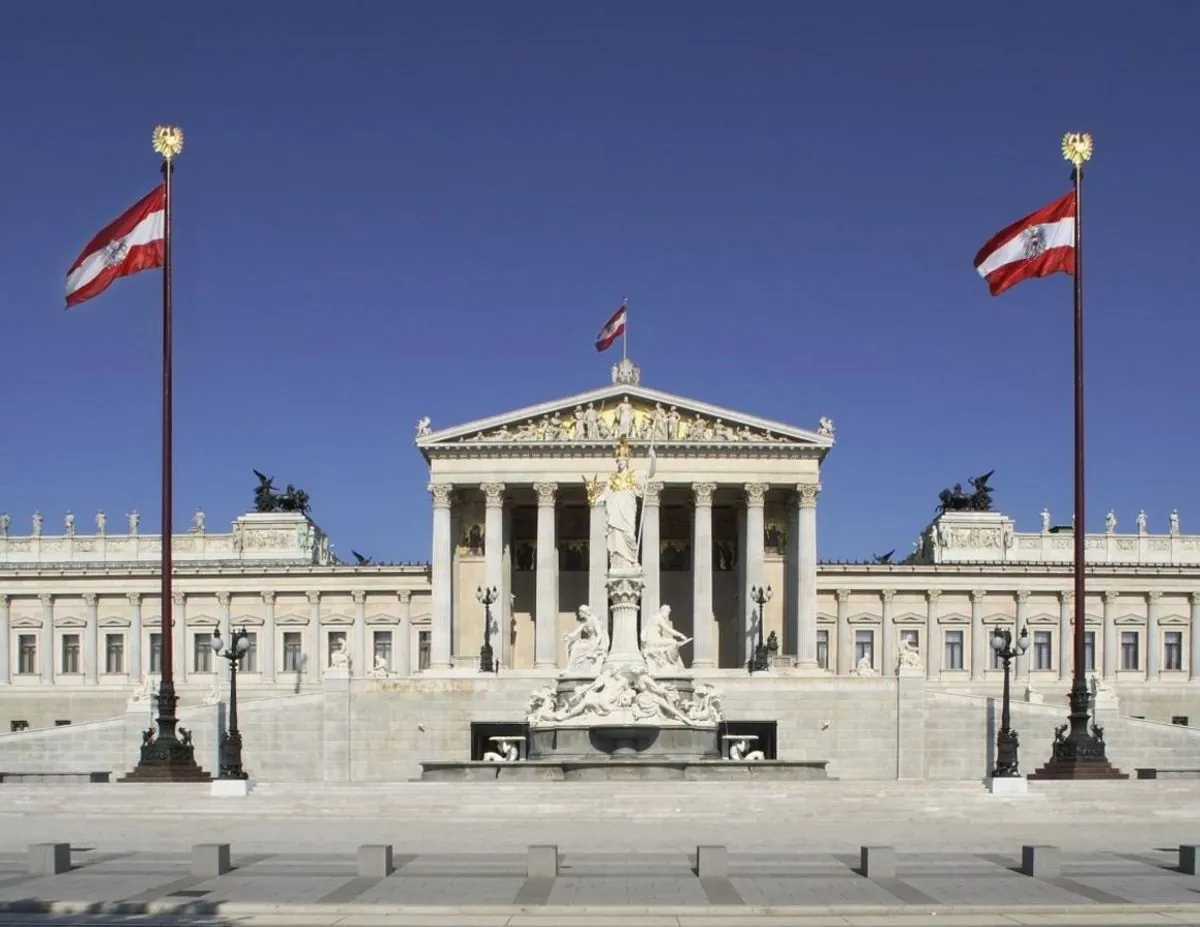In a significant political shift, Austria's far-right Freedom Party (FPÖ) has emerged victorious in the recent parliamentary election, securing approximately 29% of the vote. This outcome marks a historic moment for the party, which was established in 1956 under the leadership of a former SS officer.
Despite their success, the FPÖ lacks the necessary majority to form a government independently. Herbert Kickl, the party's leader, is now faced with the challenge of assembling a coalition to control the 183-seat Austrian Parliament. However, this task is complicated by the reluctance of other parties to align with the FPÖ.
Following the election results, Kickl met with President Alexander Van der Bellen on October 4, 2024. In a subsequent statement, Kickl urged other parties to acknowledge the FPÖ's mandate to govern, warning against forming what he termed a "coalition of losers." He emphasized his desire to lead the next government as chancellor, stating:
"We as the FPO want to lead the next government, with me as our FPO lead candidate at the helm as chancellor."
The political landscape in Austria, which has been a neutral country since 1955 and an EU member since 1995, is now in a state of flux. The conservative People's Party (ÖVP), led by current Chancellor Karl Nehammer, finds itself in a potential kingmaker position. They could either form a majority with the FPÖ or pursue a three-way coalition with the Social Democrats (SPÖ) and a smaller party.
President Van der Bellen, who has been in office since 2017 and previously led the Green Party, is now overseeing the government formation process. He is conducting one-on-one meetings with party leaders in order of their electoral performance. These discussions are scheduled to conclude on October 8, 2024, after which Van der Bellen is expected to address the public.
The election results have highlighted Austria's multi-party system and the complexities of coalition-building. With nine federal states and a population of about 9 million, the country's political future remains uncertain. The President's power to refuse ministerial appointments adds another layer of intrigue to the unfolding situation.
As Austria navigates this political crossroads, the international community watches closely, particularly given the FPÖ's eurosceptic and Russia-friendly stance. The outcome of these negotiations will have significant implications for Austria's domestic and foreign policies in the coming years.
The coming days will be crucial as party leaders engage in discussions and potential compromises. The ability to form a stable government while addressing the concerns of various political factions will be a test of Austria's democratic processes and the adaptability of its political system.
